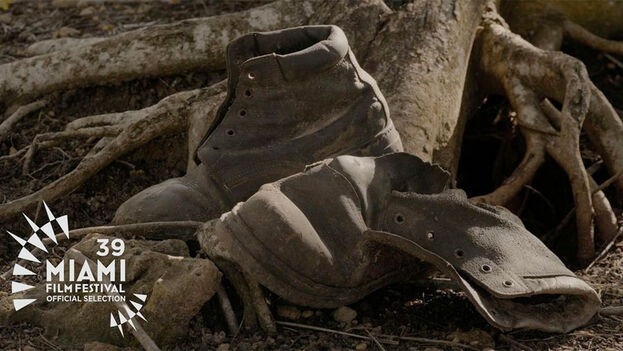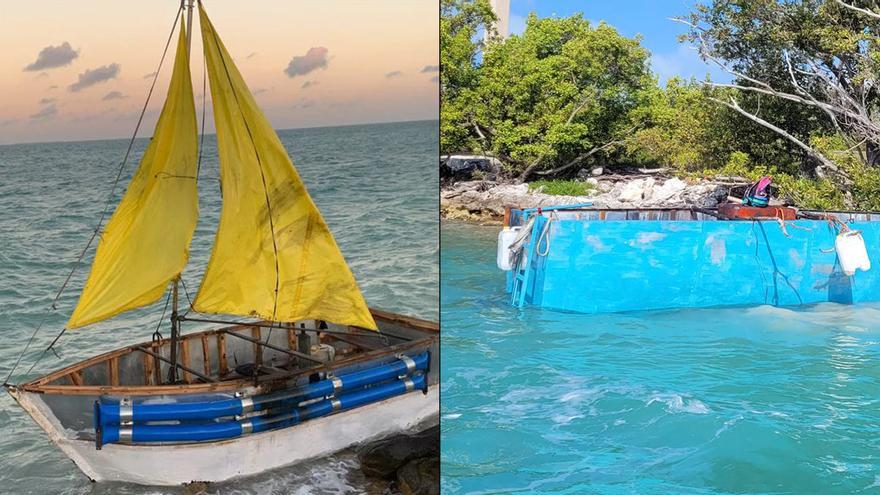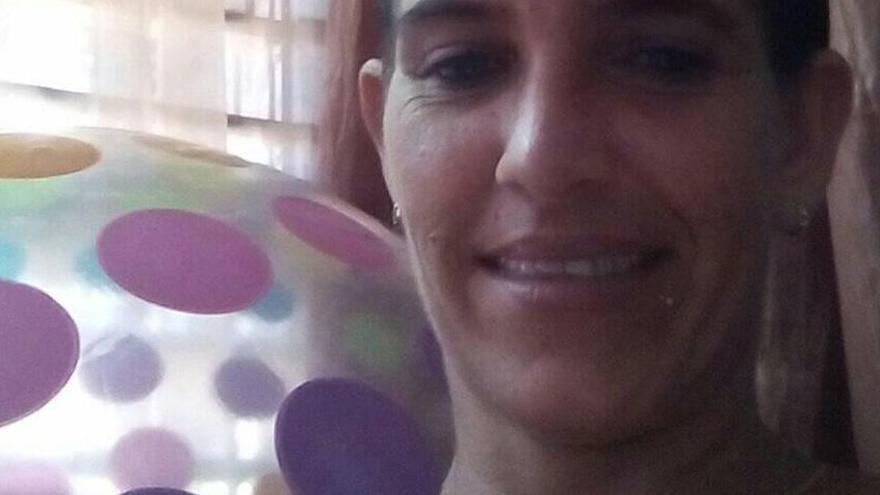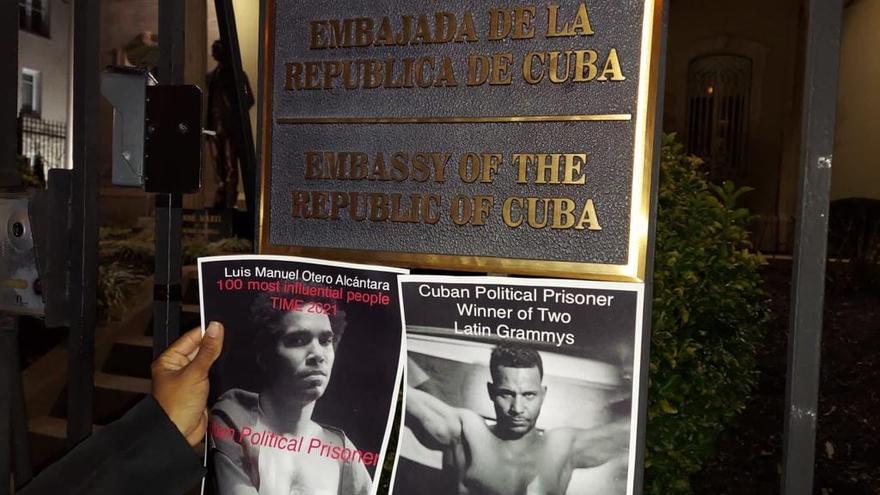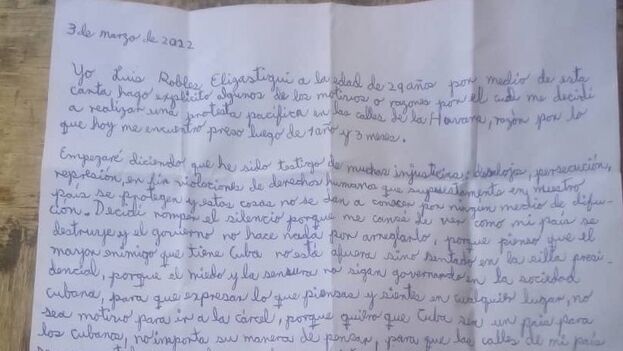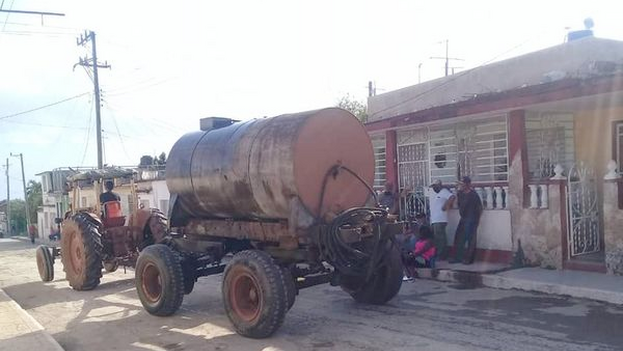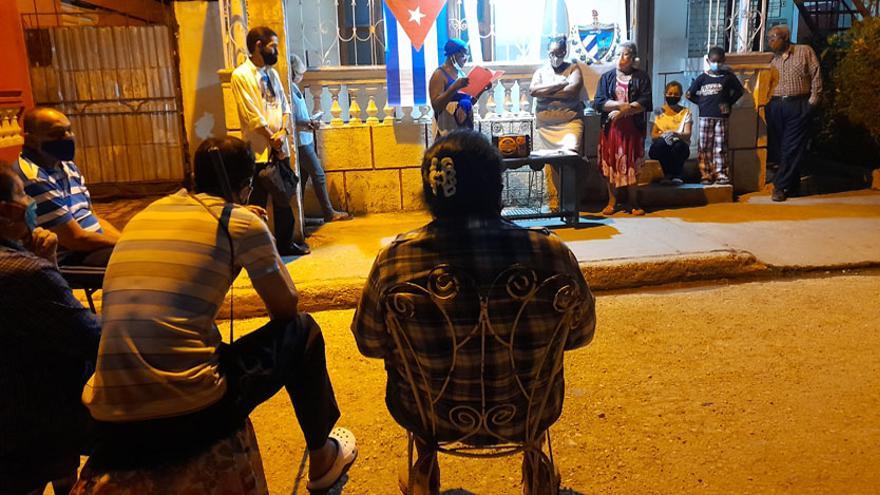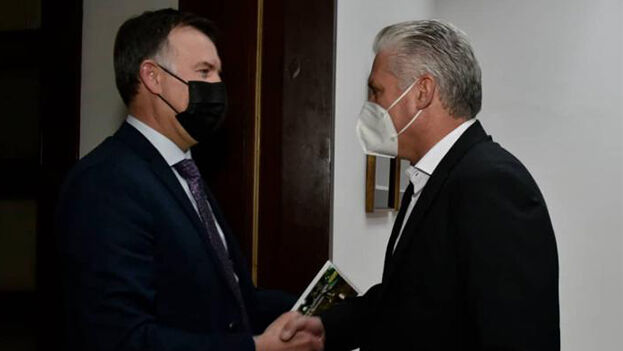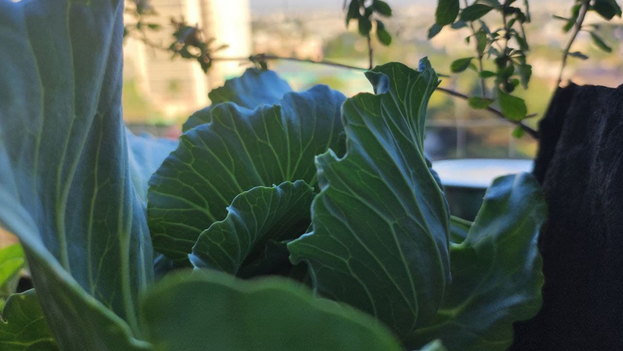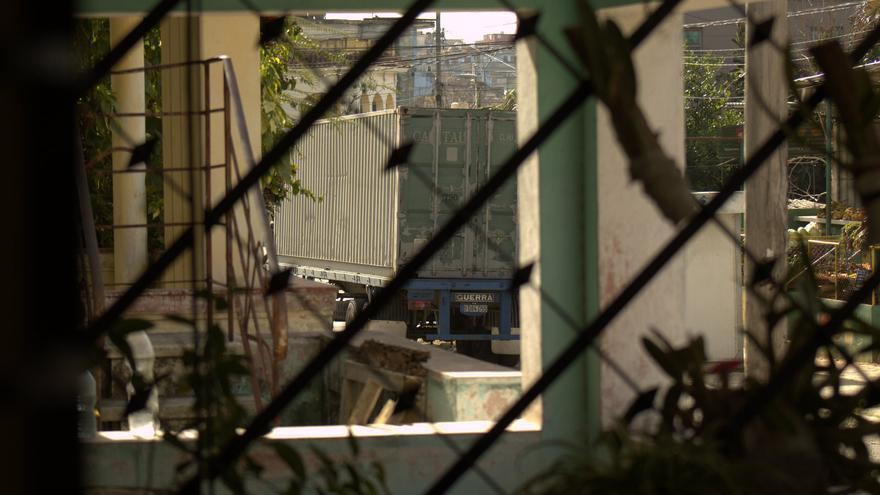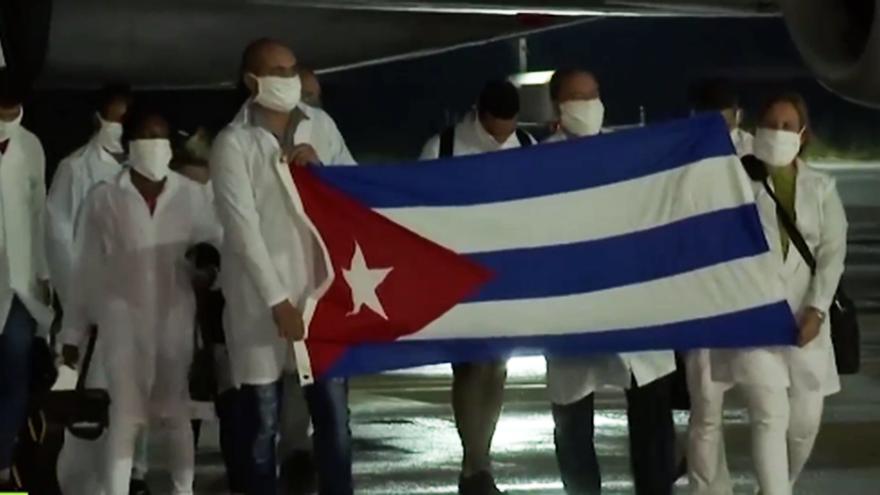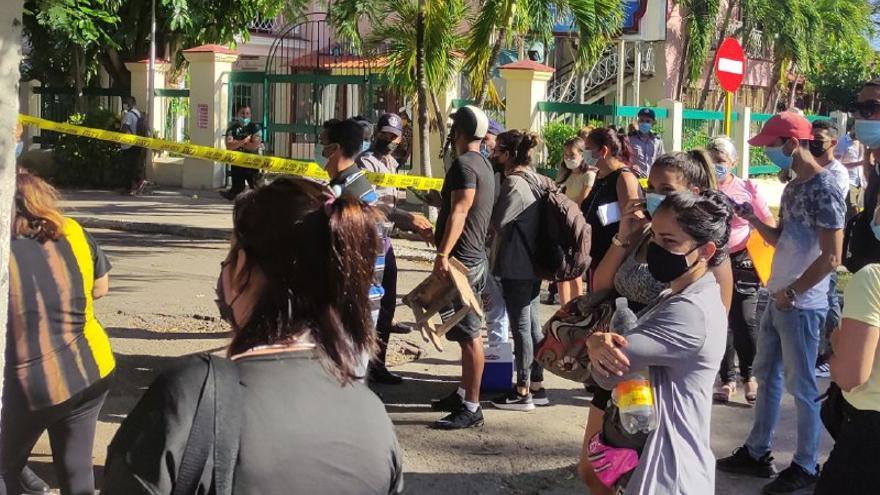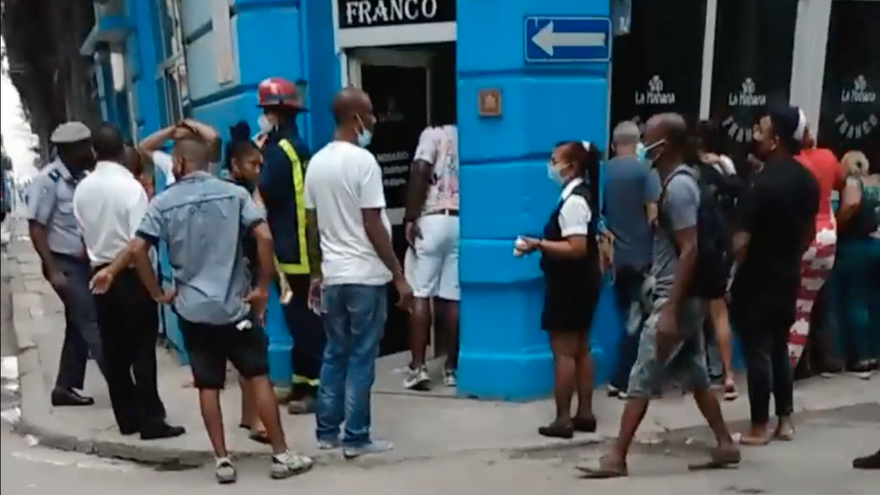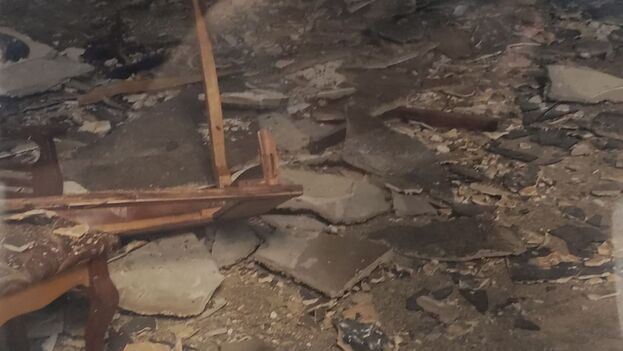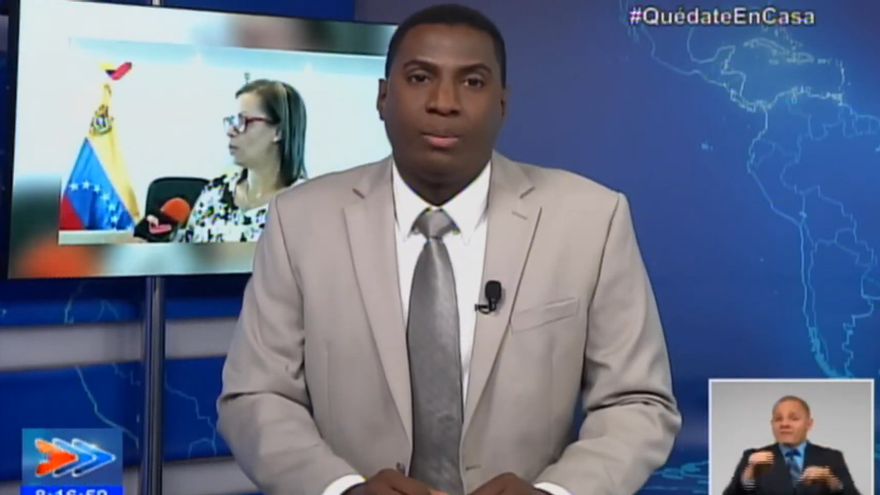
![]() 14ymedio, Havana, 11 March 2022 — The official Cuban television journalist and presenter Yunior Smith has confirmed through his Facebook account that he is on the southern border of the United States attempting to ask for political asylum in that country. The information, initially spread by the ‘influencer’ Alex Otaola, has raised a wave of criticism.
14ymedio, Havana, 11 March 2022 — The official Cuban television journalist and presenter Yunior Smith has confirmed through his Facebook account that he is on the southern border of the United States attempting to ask for political asylum in that country. The information, initially spread by the ‘influencer’ Alex Otaola, has raised a wave of criticism.
Smith, who worked as a reporter/editor for the international section of the Information System and who was often criticized for his work related to US policy towards Cuba, claims to have suffered censorship of his work. However, on the Island he is remembered as one of the champions of official propaganda.
The journalist has stood out especially in recent years for his staunch attacks on the opposition, especially the leader of the Patriotic Union of Cuba, José Daniel Ferrer, imprisoned since July 11. Smith also had harsh words for Washington’s policy towards Havana and praised the attitude of the Cuban regime.
Now, in his post on Facebook, the journalist insists that “almost no one knows” that he has “a brother who is a political prisoner, Kessell Rodríguez… Early on I learned that confronting the government means going to prison, receiving blows, mistreatment, torture; it means isolated time without your family knowing about you, hunger strikes in defense of rights; family pain, worries, separation. And in the end nothing changes,” he says. continue reading
He insists that a comment he made about “Yunior Garcia after 15 November was never aired, because they censored me… Then I said that in Cuba it was necessary to deepen democratic practices, that while the economy was in crisis, other opponents would emerge (…) and it was too much for those who run that news program,” he relates.
“Everyone saw on the screen the Yunior Smith who criticized other Governments, no one ever knew how many times I said No,” he asserts, but his explanations do not seem to please Internet users who have criticized Smith for having spread the official speech of political intolerance and rejection of any form of activism.
Specifically, one of the journalist’s most recent works before leaving Cuba was a commentary which the ruling party described as “provocation,” the proposal to carry out consular procedures at the Guantánamo naval base, a bill promoted by US congressmen María Elvira Salazar and Mario Diaz-Balart.
Smith began his comment by saying that the issue “should not even be a matter of analysis because the project is destined to fail and is not going anywhere,” but that “fulfilling the journalistic duty to inform and contextualize” he approached the subject, although his comment within the newscast lasted more than four minutes.
“While these U.S. congressmen pull the strings in search of further tightening relations between the two countries and want to put into practice all the ideas that come to mind,” continued the reporter sarcastically, “there are many relatives waiting to meet again.”
Smith, according to sources close to state television, was included in the news announcement due to an express policy of Raúl Castro when he was president, which imposed more representation of black people in the media, political and government spheres.
Last January, the arrival in the US of another official Cuban broadcaster, Frank Abel Gómez Bernal, caused much controversy in the exile community in Miami. The communicator, popular on radio and television, requested political asylum and after entering the country he told the press that, although he had his job in Cuba, he “was dying of hunger.”
Gómez was accused by Cuban-Americans of having allegedly criticized an exiled journalist for her position against the Cuban government, but the announcer denied those accusations. Once screenshots of the alleged conversation where he criticized that journalist circulated on the networks, he alleged that on the Island he could not comment on anything “or attack anyone, least of all a journalist or a colleague.”
____________
COLLABORATE WITH OUR WORK: The 14ymedio team is committed to practicing serious journalism that reflects Cuba’s reality in all its depth. Thank you for joining us on this long journey. We invite you to continue supporting us by becoming a member of 14ymedio now. Together we can continue transforming journalism in Cuba.

